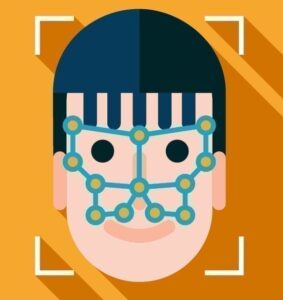Chinese citizens are once again expressing their concerns about the widespread use of facial recognition. The latest controversy occurred in the private sector, after a man went viral for wearing a motorcycle helmet to a property viewing. The subsequent news story revealed that most real estate agencies are using facial recognition to identify their clients.

The real estate agents in the story explained that they use facial recognition to track customers who receive discounts, and to distinguish clients lured by an agent from those who found the agency via advertisement (agents receive a finder’s fee for bringing in customers). The story nevertheless prompted critics to ask whether or not those use cases were enough to justify such an extreme invasion of privacy, especially in the absence of strong data protection laws.
“There’s no strict law to bind [privacy protection], do you expect the companies to be bound by morals?” wrote one commenter on Weibo, a Chinese analogue to Twitter.
In that regard, the story reflects concerns about data security. Though the Chinese government operates an extensive surveillance network, the Chinese public is not necessarily opposed to facial recognition in concept, with a recent survey finding that 60 percent of the public believes that the technology makes their cities safer.
They simply want more control over the information that does get shared, with 80 percent wishing that they had the ability to find and delete their facial data. That’s particularly true in their dealings with the private sector, where lax standards have led to multiple data breaches in the past few years. The government has tabled a new Personal Information Protection Law that would standardize data collection and processing, but the law is playing catch-up given the wealth of biometric and personal data already available to cybercriminals.
That’s why some citizens are starting to be more vocal in their opposition to facial recognition. A woman in Beijing fought against facial recognition cameras in her security complex (though the cameras were eventually installed), while a law professor in Hangzhou recently won a lawsuit against a wildlife park that used facial recognition to identify members. The park was ordered to pay a small fee, and to delete the man’s facial information.
Source: South China Morning Post
–
November 27, 2020 – by Eric Weiss







Follow Us